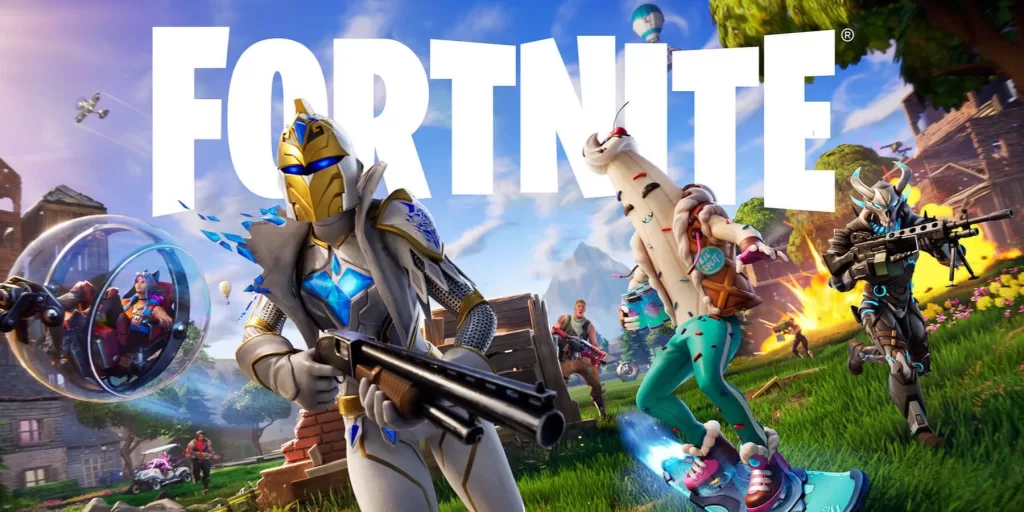Quick Bytes
- Children may face bullying in games like Fortnite for not purchasing in-game items.
- Studies reveal ethical concerns over microtransactions and their impact on kids.
- Research indicates games use manipulative tactics to increase spending on in-game purchases.
Understanding the Impact of Microtransactions on Children
Recent studies from Norway have shed light on the troubling trend of children facing bullying in popular free-to-play games such as Fortnite for not buying in-game items. This peer pressure to make purchases raises significant ethical questions about the business practices of microtransactions in gaming. The research, conducted by Julia Clara Reich and Kamilla Knutsen Steinnes, involved interviews with 19 children and revealed a strong influence of in-game purchases on social dynamics among peers.
Legislative Responses and Further Findings
With the increasing prevalence of loot boxes and gambling elements in games, countries like Australia have introduced laws to protect consumers, particularly children. The study by Reich and Steinnes, along with Helene Fiane Teigen, also highlights the manipulative strategies games employ to encourage spending, such as targeted advertising and creating a sense of necessity to fit in socially.
The Digital Realm of Peer Pressure
The issue of children being labeled as ‘poor’ for not engaging in microtransactions is a modern manifestation of traditional peer pressure, now extending into the digital world. The trend shows no signs of abating, with reports like Sony’s indicating that players are spending more on in-game purchases than on the games themselves.
Quick Bytes
- Recent research highlights concerns over microtransactions in games like Assassin’s Creed Mirage.
- Norwegian study suggests bullied children may avoid spending on in-game purchases.
- Microtransactions intersect with industry issues of toxicity and harassment.
Study Raises Concerns Over In-Game Purchases
A recent study focusing on a small group of Norwegian children has sparked discussions about the impact of microtransactions in video games. Although the study’s scope is limited, it suggests that children who are bullied may be less likely to engage in in-game spending. This finding is particularly relevant as games like Assassin’s Creed Mirage continue to include microtransactions, even in single-player experiences.
Microtransactions and Gaming Controversies
The issue of microtransactions is not the only controversy facing the gaming industry. Toxicity and harassment are also prevalent, with incidents such as the Baldur’s Gate developers facing threats. The bullying associated with in-game purchases is another facet of this broader problem of negative behavior in gaming communities.
Fortnite: A Case Study in Popularity and Monetization
Fortnite, a game known for its battle royale mode, is an example of a title that has successfully integrated microtransactions. Released on July 25, 2017, and rated T for Teen due to violence, Fortnite has become a cultural phenomenon, allowing players to collect items, build, and compete to be the last one standing.
Image Credits
Fortnite Battle Royale Xbox One Front Cover – Image provided by usdailybyte.com



